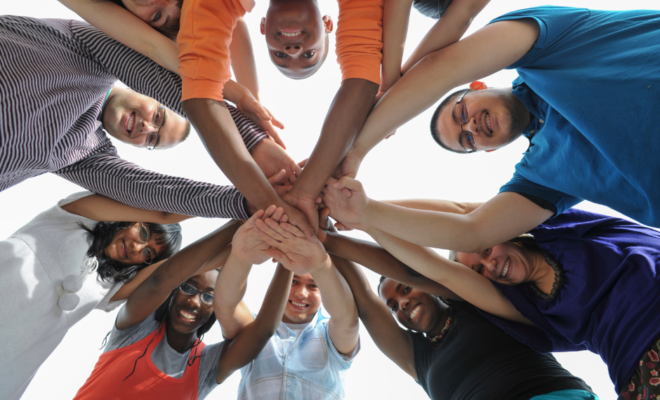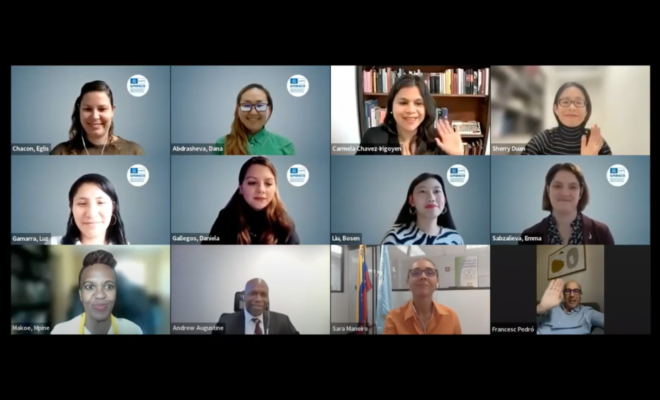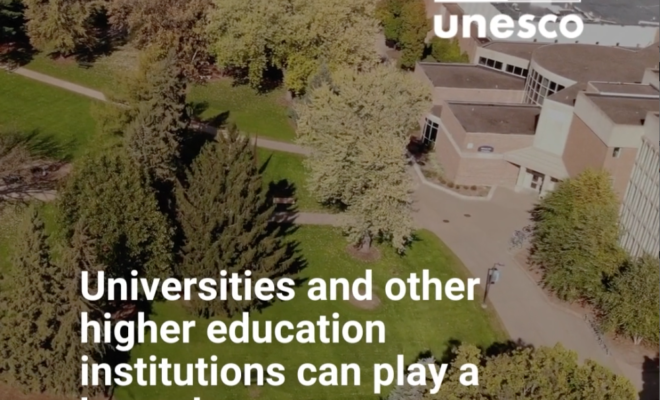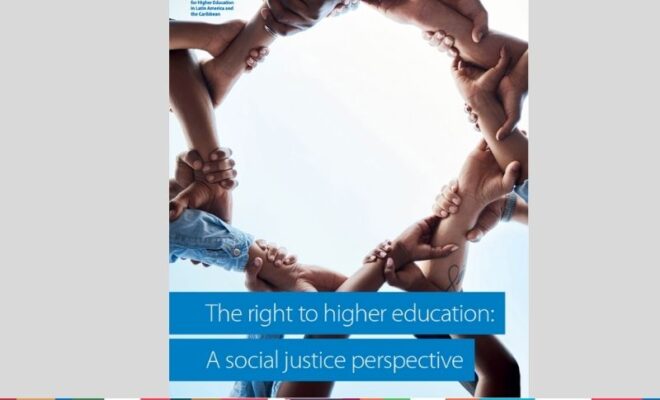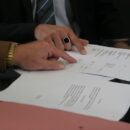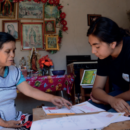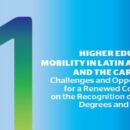Alliances for the future: bridging education across Europe
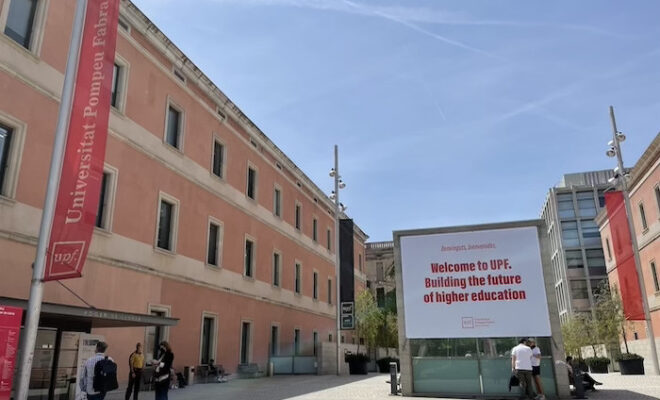
How universities can enhance alliances? This question started the conversations at the University Pompeu Fabra, in Barcelona (Spain), during the agenda of events at the Times Higher Education European University Summit, that took place on May 16, during the Barcelona Higher University week.
In his opening speech Oriol Amat, rector of University Pompeu Fabra, called for future universities to build resilient higher education systems.
Phil Baty, chief knowledge officer at Times Higher Education, reflected on the role universities have in countering the threats of intolerance and hate, inviting to become their custodians.
The Minister of Universities for the Government of Spain. Joan Suberats, highlighted universities as “lighthouses” with a unique way of promoting research and alliances, while constantly facing challenges.
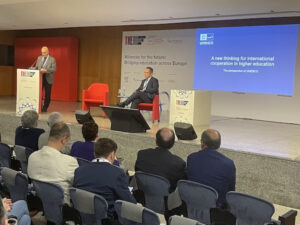
Francesc Pedró, UNESCO IESALC director
Francesc Pedró, UNESCO IESALC director, drew the attention to the current imbalances that international aid reproduces: “International cooperation should co-create opportunities that are mutually benefitted, away from the typical donor-recipient model.”
Pedró expanded his ideas on how the social role of higher education is being reexamined and the role that UNESCO has had in calling for a more international education to foster global and international skills, based on cooperation and peace. “Knowledge can no longer be an asset nor a constraint for international cooperation.”
UNESCO IESALC director’s shared Unesco’s principles for fostering more international cooperation based on: multilateralism, openness (open science and open educational resources), and sustainability.
“We need more mature institutional arrangements for international cooperation, no matter where they are located, to ensure that they are embedded into their mission, embarked into international cooperation with a proper alignment with the universities’ missions. There should be incentives to move from independent activities to cooperation based on institutional seniorship. To avoid the monopolization of financial resources, institutions must invest in generating their own capacity to deal with managing financial resources to play into international cooperation without intermediaries.”
RELATED ITEMS

